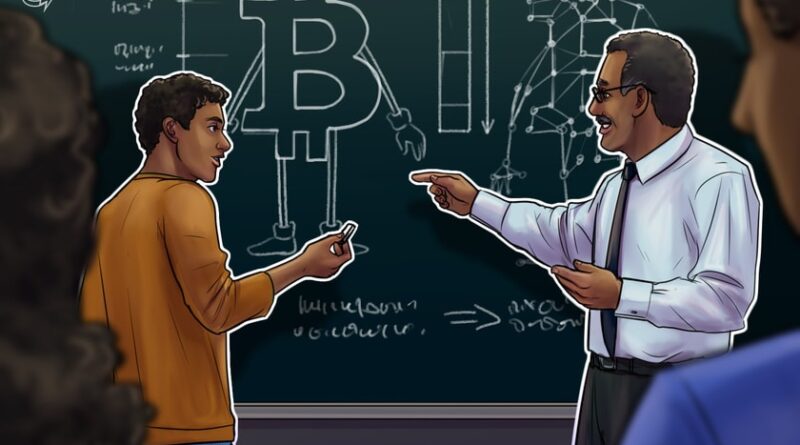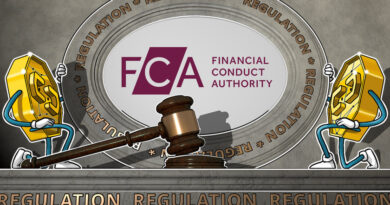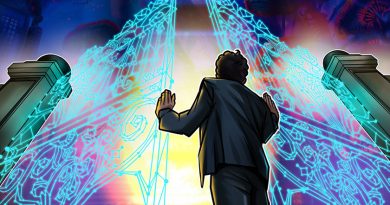Salvadoran teenager becomes Bitcoin teacher, no longer earning ‘6 dollars a day’
In a series of tweets, 18-year-old Gerardo Moran explained his journey back to his former high school in El Salvador, where he is now teaching senior professors about Bitcoin.
A Salvadoran teenager has shared his journey after completing El Salvador’s Bitcoin diploma program, Mi Primer Bitcoin — my first Bitcoin. Now, Gerardo Moran has returned to his former high school to educate the teachers about Bitcoin (BTC).
In a series of tweets on July 8, the 18-year-old revealed that Mi Primer Bitcoin, backed by El Salvador’s Ministry of Education, allowed him to leave behind his life in construction, “earning 6 dollars a day.”
Hi, my name is Gerardo Moran.
I’m a 18 year old salvadorian who just came out from high school, where I had the chance to graduate from @MyfirstBitcoin_ #BitcoinDiploma.
Now I’m a teacher myself
Here’s my story pic.twitter.com/9pUgLlYIBT
— GerardoMPB (@gerardomoran414) July 7, 2023
Moran revealed that he has been working since he was 11, mainly in construction and tourism, and could never wrap his head around how Salvadoran citizens worked so hard for little reward.
“I’ve tried to reason why people in my country worked so much for so little money” Moran stated on Twitter, adding that he was working for not much money at all:
“Earning 6 dollars a day doing construction wasn’t feasible for me anymore, so I quit without knowing there was an opportunity ahead”.
Related: El Salvador’s Bitcoin strategy evolved with the bear market in 2022
Moran explained that his school put out a call for students interested in taking the Bitcoin diploma course, so he applied and quickly excelled in the course.
Moran revealed that he is now “leading Bitcoin education” in his hometown, training and teaching the Bitcoin diploma to a group of eight senior professors at his former high school, Antonio J. Alfaro.
7/10 We now proudly educate people in the western region of #ElSalvador
This job has brought me opportunities I never thought possible.
It allows me to work, continue my studies & meet people while passing this knowledge to students not too younger than me pic.twitter.com/jVcUCuVZ6J
— GerardoMPB (@gerardomoran414) July 7, 2023
Cointelegraph previously reported that Mi Primer Bitcoin has raised over 1 BTC in donations from generous Bitcoin education advocates worldwide.
From Poland to Canada, people worldwide sent satoshis over the Lightning Network to support the growth of El Salvador’s Bitcoin diploma program.
In August 2022, El Salvador’s director of education Gilberto Motto, told Cointelegraph that the government is focusing on educating its citizens about Bitcoin — especially teenagers.
“If we could reach every 16-year-old or 17-year-old in the country, we will effectively teach the entire country in one year because that demographic is really strategic. They go home, and they’ll talk to their parents, their aunts, their uncles, their little brothers and sisters.”
Magazine: What it’s actually like to use Bitcoin in El Salvador




